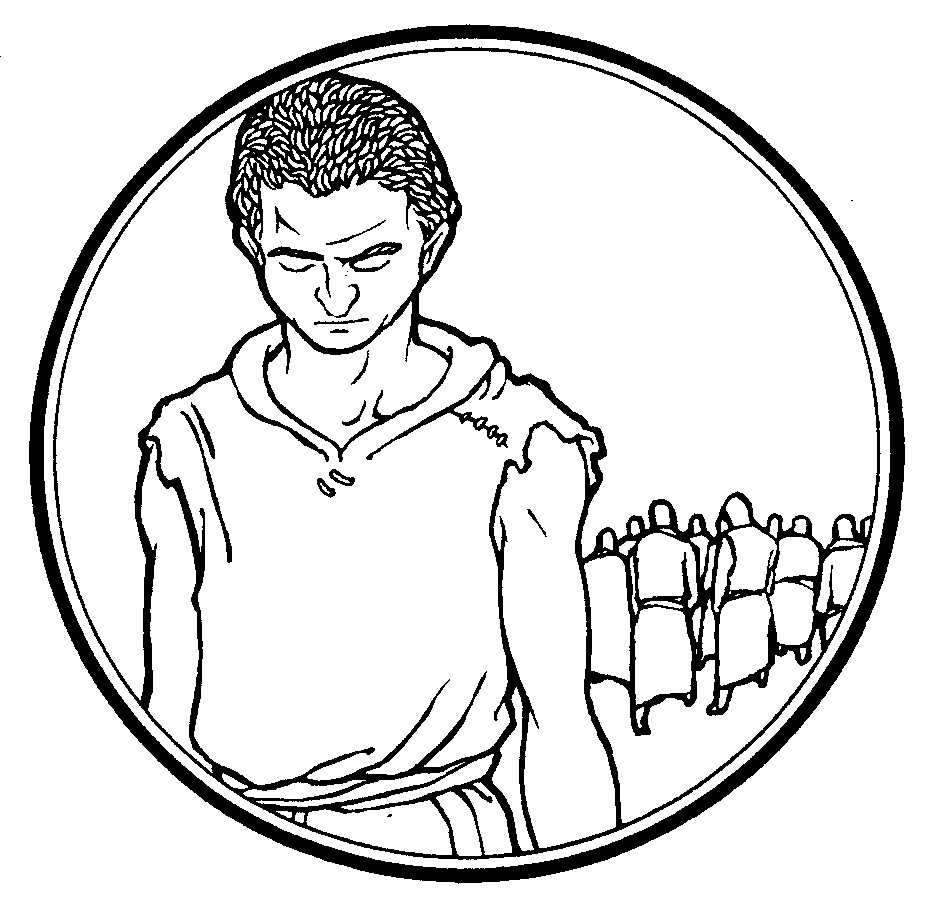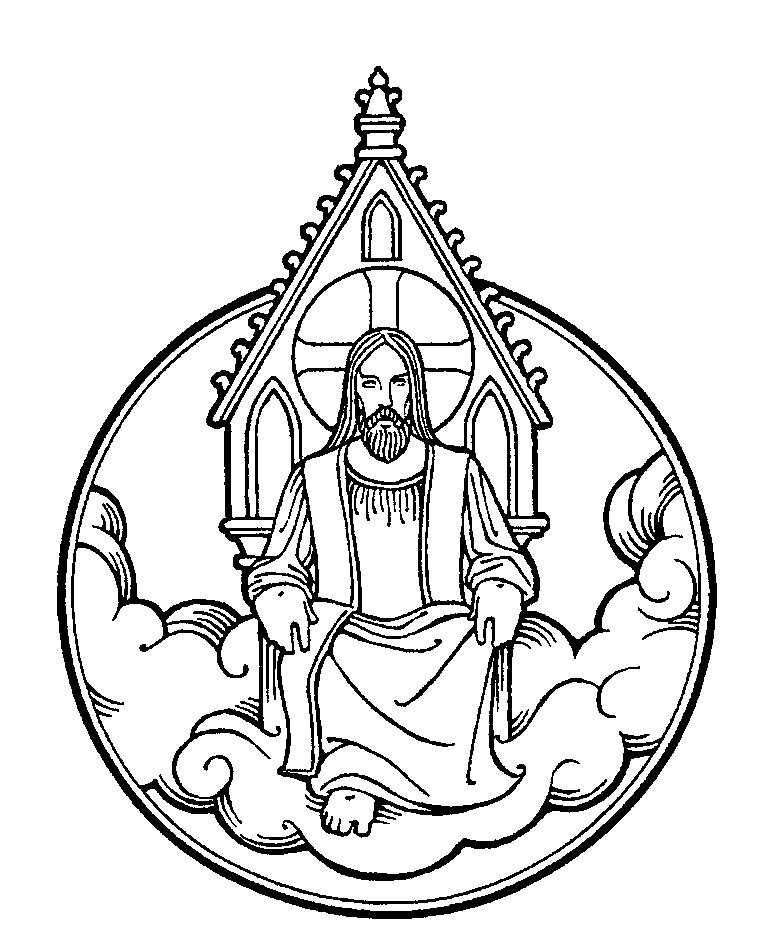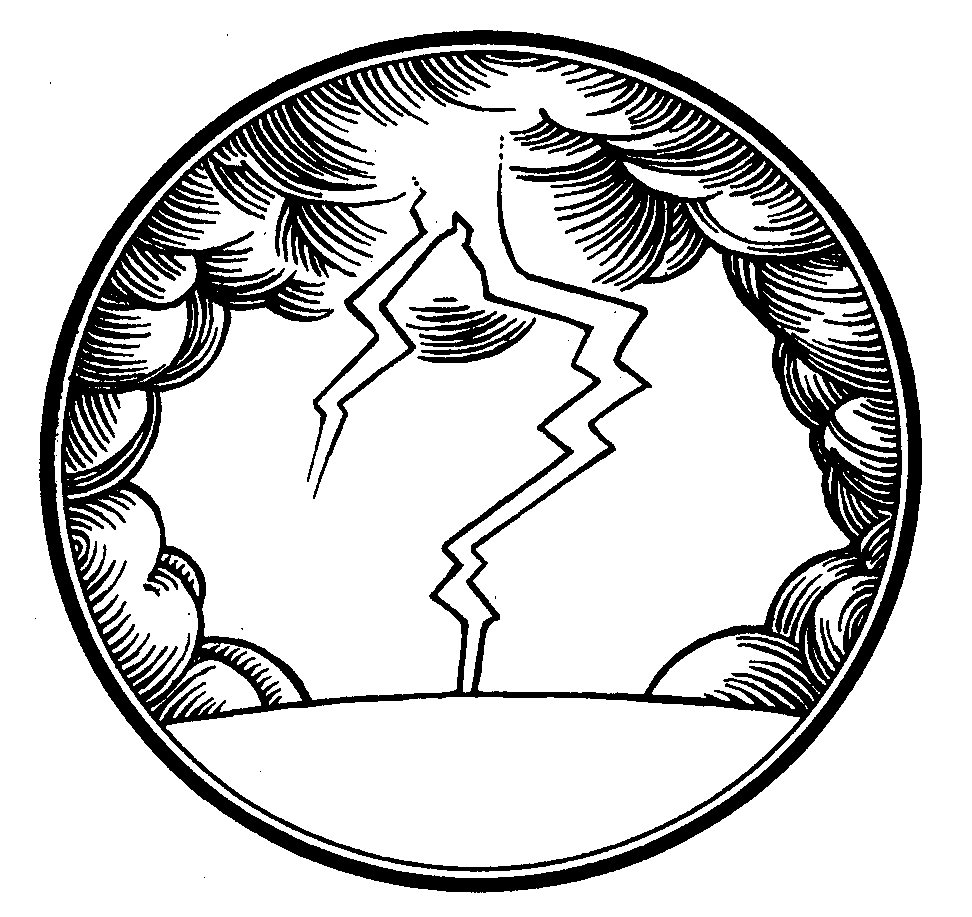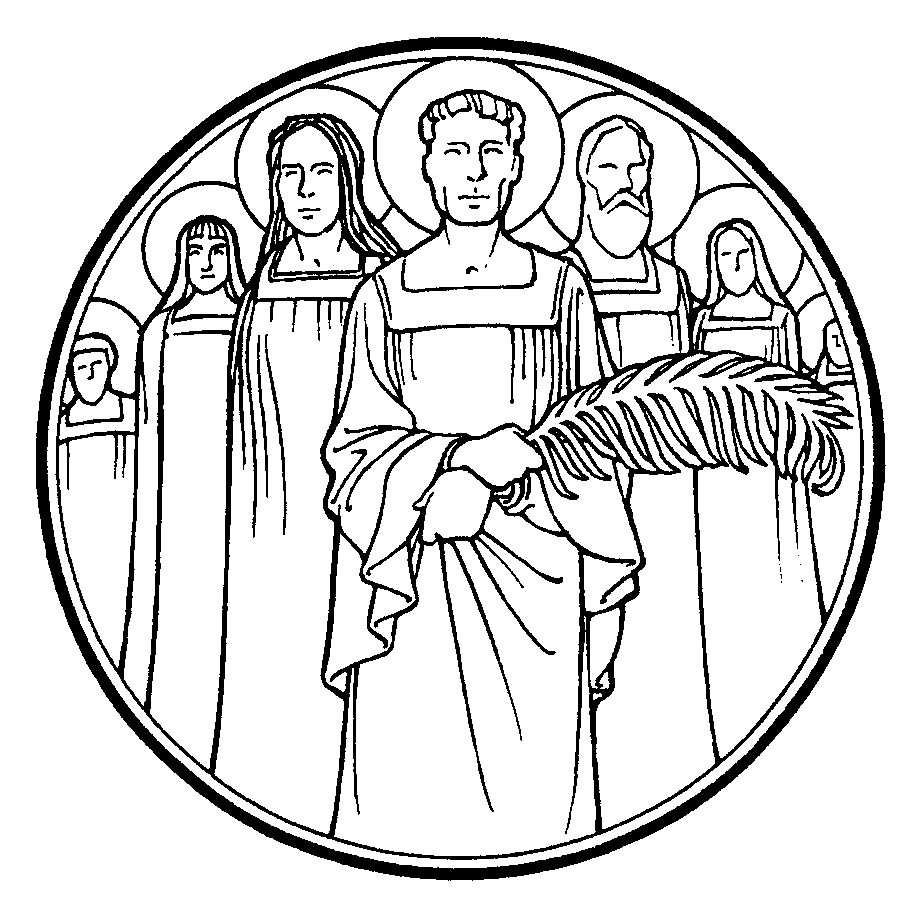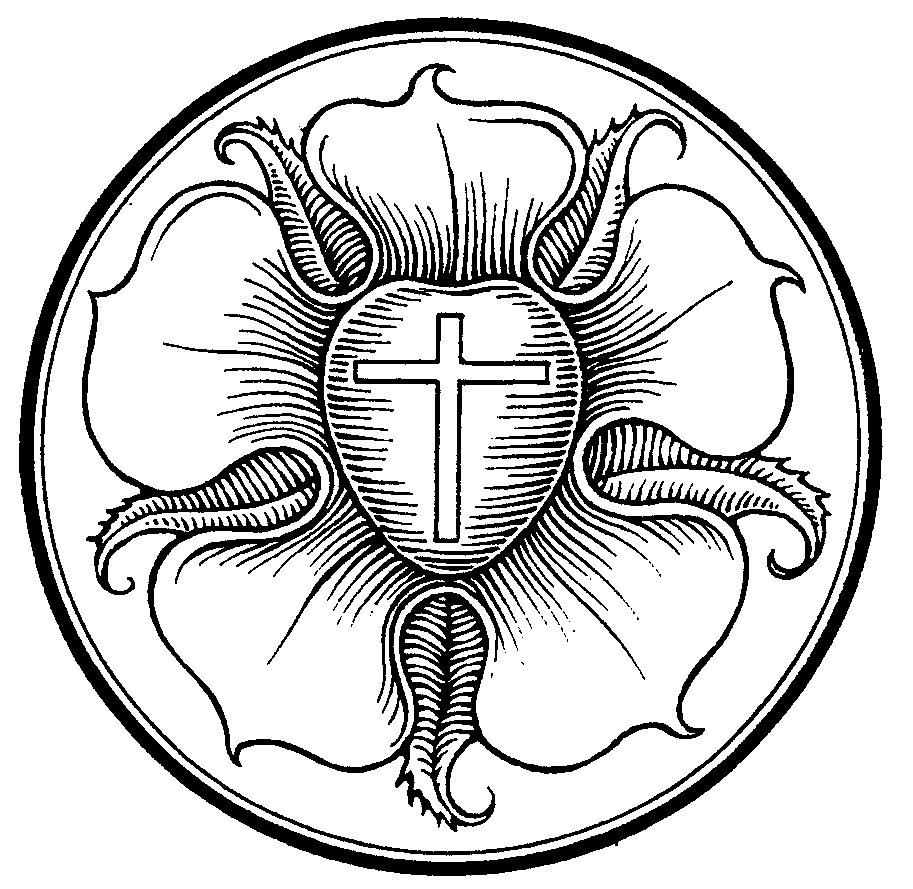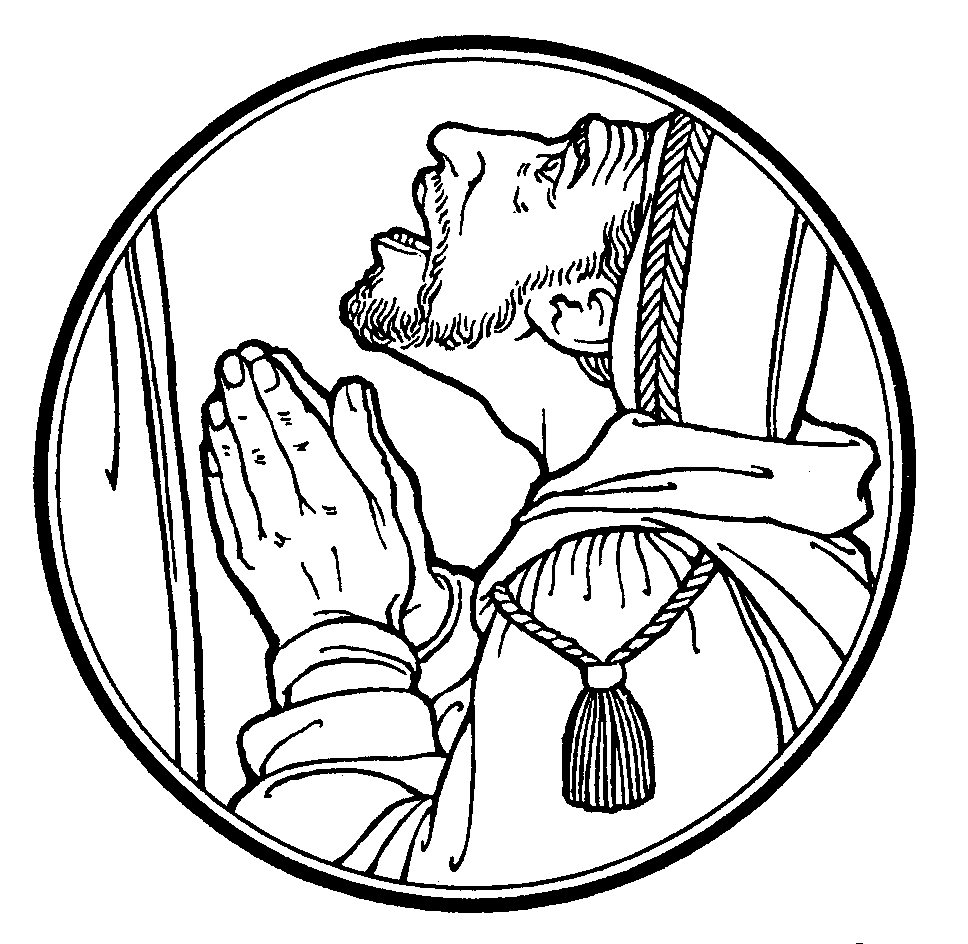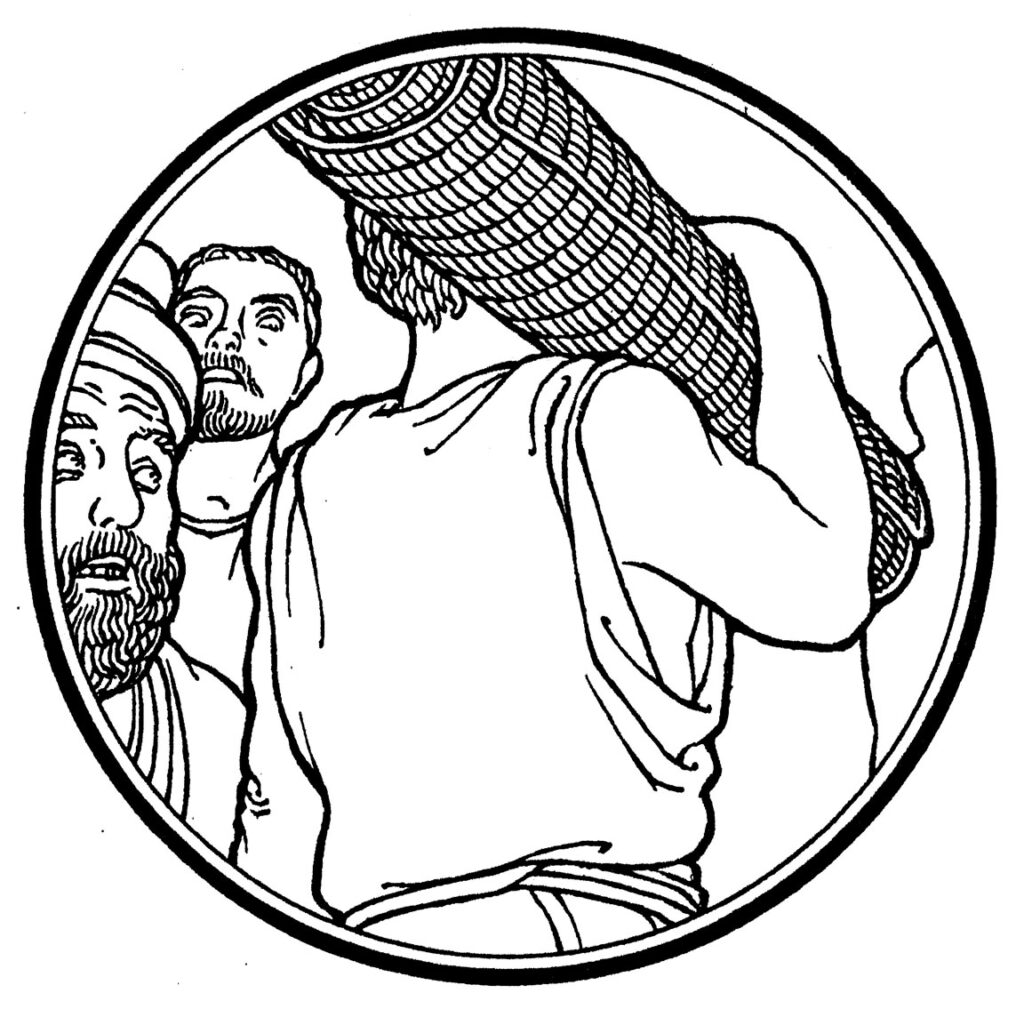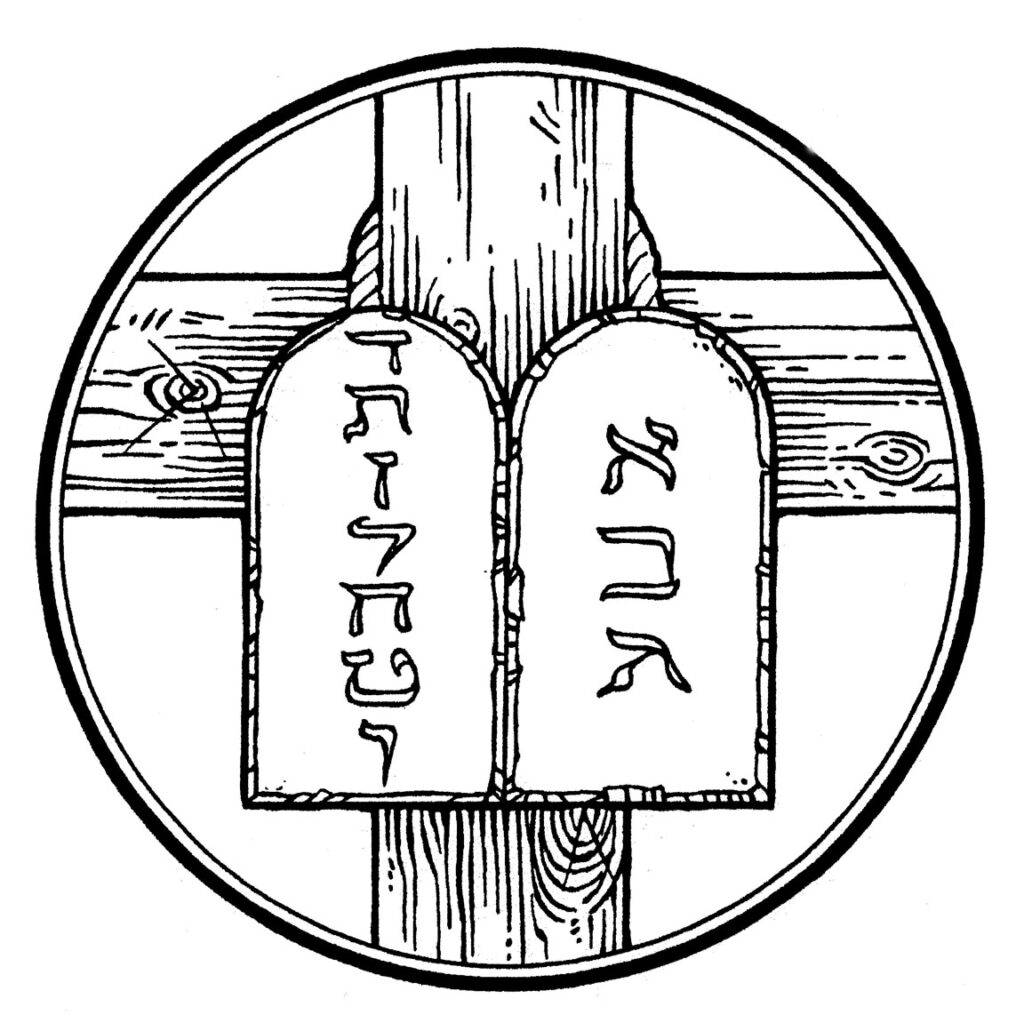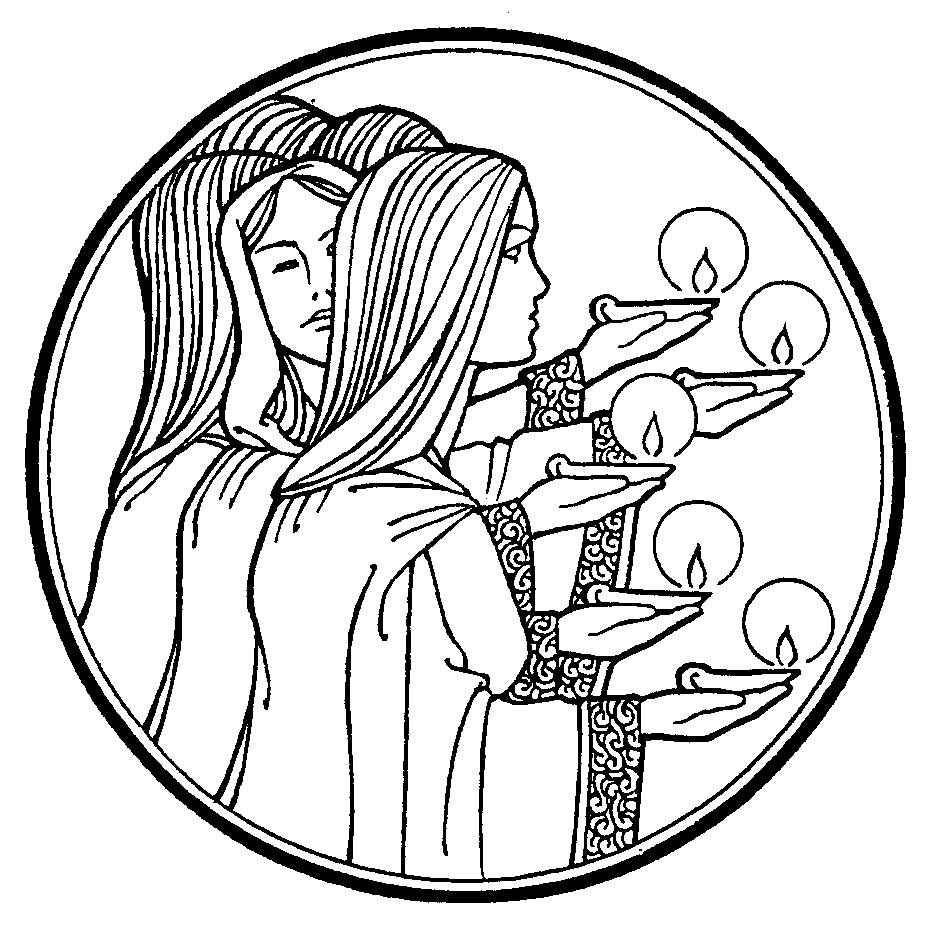
Wisdom and foolishness. Two opposites. What makes a person wise versus a person who is foolish? Wisdom is generally considered a good thing. Yet, how is it defined? The world has various ways of defining wisdom, but the Church and Scripture have a very specific way of defining wisdom.
Once upon a time the world saw wisdom as having to do with reason, and as such, it quite often found itself at odds with the Church due to perceptions that religion is not based on reasonable things, but was a superstition. Yet reason cannot find within itself such things as morals, generosity, or mercy.
Today, much of the world would define wisdom as an emotional response: “you be you” “do your own thing” “fight anyone and everyone who won’t let you do whatever you want” “find offense in everything”. Perhaps that isn’t entirely the case for everyone in the world, and variations on what is wisdom is different depending on who you talk to, but the world still sees Christianity as that which is foolish. It believes Christianity, more than any other religion, is foolish specifically because of the wisdom that comes from faith in Jesus Christ. They cannot understand the finer parts of Scripture, nor do they care to. They do not wish to answer to God who has a claim upon them. Yet, they complain that they reject a God who is merciful, yet allows “evil” to exist while they reject that they themselves may have evil. They fail to embrace that the reason God allows evil to exist is because of His mercy. If He were to destroy evil, He would, in fact, have to destroy all people immediately. But He will not destroy all people. He will judge, but His judgments are based on these opposites: wisdom and foolishness. Faith on one hand and rejection of grace on the other. Recognizing ones weakness and finding hope in Jesus versus refusing to admit fault or weakness and the attempts to find hope in anything but Christ.
The Bible defines wisdom not by earthly knowledge or learning. It isn’t about getting rich or navigating and controlling other people. Wisdom has nothing to do with a high Intelligence Quotient or “IQ”. It is neither entirely emotional nor entirely rational. It is the balance of both with God in Jesus Christ in the middle showing the “Way of Truth”.
The Bible is filled with instructions on how to be wise as opposed to being foolish. One of the big ones is actually being open to advice and instruction. In fact, true wisdom, as the Bible defines it, is relying completely on the Lord. Attending to His Word. Admitting that we cannot save ourselves. Admitting that we don’t have it all figured out. Admitting that we have sinned, that we have made mistakes; that we want to do better, and know that unless we turn it over to the Lord, we will just keep making the same mistakes. However, “to humble oneself” is foolishness to the world, but the “fear of the Lord is the true beginning of wisdom.”
Scripture declares:
Be not wise in your own eyes; fear the Lord, and turn away from evil. Pr. 3:7
Whoever is wise, let him attend to these things; let them consider the steadfast love of the Lord. Psalm 109:43
The law of the Lord is perfect, reviving the soul; the testimony of the Lord is sure, making wise the simple; Psalm 19:7
The wise will inherit honor, but fools get disgrace. Proverbs 3:35
Jesus said: Everyone then who hears these words of mine and does them will be like a wise man who built his house on the rock. Matthew 7:24
But the wisdom of this world is described this way:
the wisdom of their wise men shall perish, and the discernment of their discerning men shall be hidden. Is. 29:14
The wise men shall be put to shame; they shall be dismayed and taken; behold, they have rejected the word of the Lord, so what wisdom is in them? Jer. 8:9
everyone who hears these words of mine and does not do them will be like a foolish man who built his house on the sand. And the rain fell, and the floods came, and the winds blew and beat against that house, and it fell, and great was the fall of it. Mt. 7:26,27
So, who are the virgins in today’s Gospel text? Just like the sheep and goats being separated last week, these ladies represent the visible church here on earth. All those people who had been baptized, who had heard the Word of God at some point and were appointed to be watchful and awake in order to greet the Bridegroom as He arrives at the last and final day. He then gathers His bride and the entire bridal party to the eternal joyous banquet hall to celebrate the consummation and completion of all the saving work appointed to be done.
All ten slept while the groom was gone; this sleeping is not bad, but just shows that the Bridegroom was delayed and that it was a long time in coming. He arrived at an unexpected time, at night, at a late hour.
This is the difference between the wise and foolish virgins. The wise were ready just in case it was a long night and a long wait. They had extra oil for their torches. The foolish did not think He would delay, therefore they wasted their oil and kept none in store.
This is the sorrow and sadness of the latter days. For the oil represents faith, and the storing up represents the hearing of God’s Word, the receiving of God’s Sacraments, the keeping in store and treasure of the truth of God’s Word, keeping it pure and growing from it. Receiving it as such a precious commodity as oil to keep the light burning. At the end of days everyone will have to answer for their own faith, their own deeds, their own faithfulness. That is why the wise virgins could not give their oil even if they wanted to. The foolish virgins were people who wasted the oil of faith, whose hearts turned cold to the whims, and the folly of the world and ended ignoring the value of faith and the Word of God which keeps the light burning. Who in the end, sacrificed their faith to the cares of the world, and gave up the true teaching of God’s Word for the half-truths, the laws and the spirit of the selfish modern Pharisees.
And so, in the end, the flame of righteousness and faithfulness grew dim for them, and when they realized their error it was too late. They left, the Bridegroom came, the party went to their destination and the door was closed.
The foolish finally arrived to door, and called upon the name of the Lord, but they were sent away. He said that He never knew them. Because in this life they had not ever truly known and acknowledged Him, they had not appreciated Him, and they were not ready, and so they did not receive the inheritance of honor which comes to the wise believers, but rather the dark despairing destruction of judgement for those whose faith was snuffed out by their own foolish neglect.
This is scary from an earthly standpoint, but it shouldn’t be. It should be a call to recognize that we cannot know when Christ will come again, therefore let us all be ready every day. Let us be awake and be filled to overflowing. Time is short for this life: for this world.
But rejoice. Give thanks and praise! The Bridegroom soon will call us to bring us to the wedding hall to enjoy the evening and eternal meal of victory in Jesus Christ. Why? Because the Bridegroom, Jesus Christ has sacrificed Himself upon the cross for your sins. He has washed you with His blood in baptism. He has made you and declared you holy once more in confession and absolution even as He has this day. The wisdom of God is your salvation; your forgiveness and life. You are here in humility to receive this salvation, to ponder the steadfast love of the Lord in Jesus Christ and as you do this your faith is strengthened as proving that you are among the wise.
As almost all of us got ready to celebrate some kind of Thanksgiving meal this past week, remember that we have an even greater thanksgiving meal that is established for us, by God through Jesus Christ for which the preparation is repentance and faith. God has prepared and now presents for us a feast that doesn’t come just once a year, but as often as we break this bread and drink this cup we proclaim and are received in fellowship with the crucifixion sacrifice of Jesus Christ, who has died for His bride the Church. A meal where He gives you His victory, now your victory. His righteousness, now your glory by the forgiveness of sins. Therefore, you are already receiving a glimpse into that full joy and glory of the wedding feast that is yet to come. Thanks be to God.
His presence and grace keeps us awake and keeps our lamps filled with the oil of gladness, faithful even as we wait, watch, and receive. The world may hate this message. It may hate the idea of weakness inside ourselves, but strength only in Jesus Christ crucified and raised. It may rage against the idea of mercy and holiness, but God will keep the true Church strong. Therefore, continue to receive and you will continue to believe as God fills up your oil to confess His name, to shine His light until He comes again. Stay awake in hope and faith. For as Proverbs 2 states:
the Lord gives wisdom;
from his mouth come knowledge and understanding;
he stores up sound wisdom for the upright;
he is a shield to those who walk in integrity,
guarding the paths of justice
and watching over the way of his saints.
Then you will understand righteousness and justice
and equity, every good path;
for wisdom will come into your heart,
and knowledge will be pleasant to your soul;
and that knowledge and that wisdom is God’s love and salvation for you who gives you readiness through faith in Jesus Christ who will come again in great glory for our deliverance. In Jesus’ name. Amen.
Pr. Aaron Kangas
